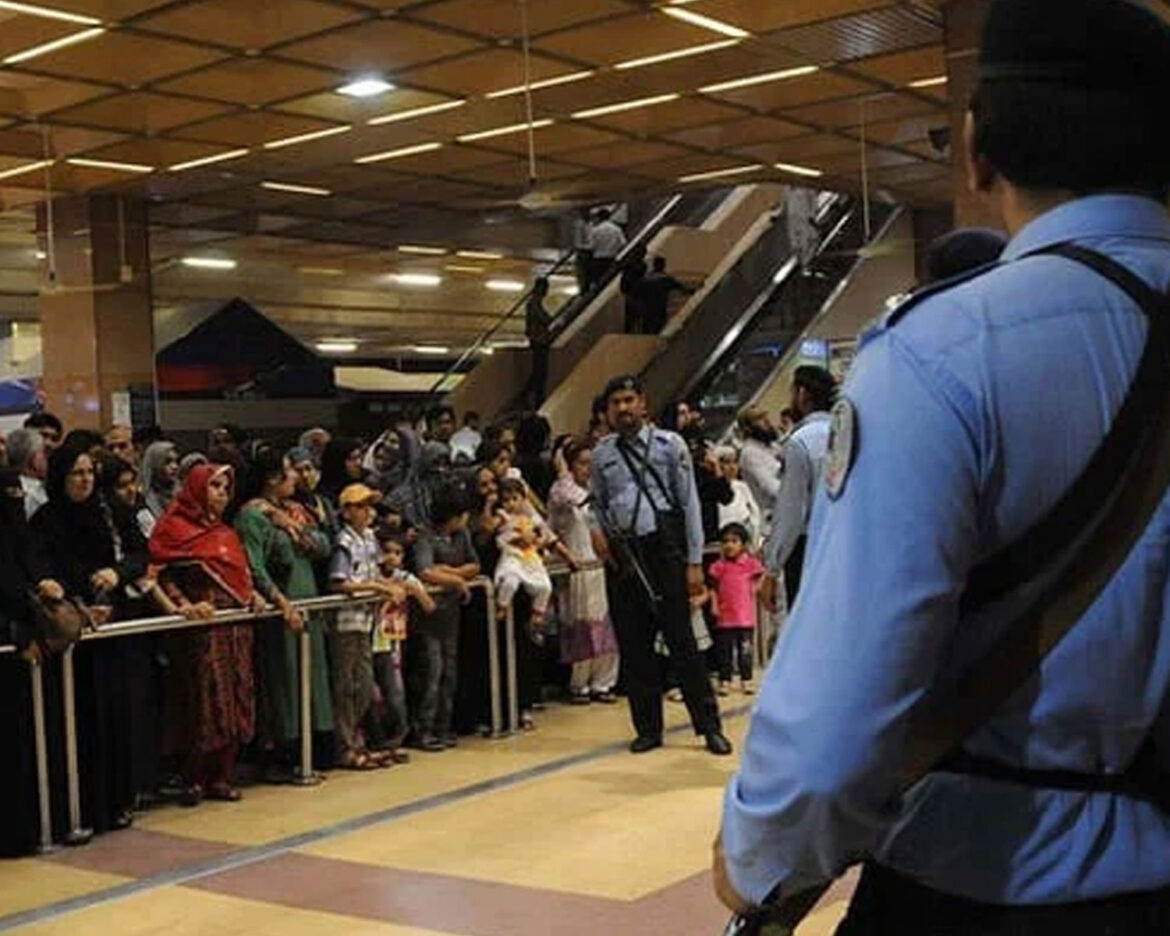In response to the recent global monkeypox (mpox) outbreak, the Federal Ministry of Health has issued strict guidelines for screening, isolation, and other preventive measures at Pakistan’s international airports. This move comes after the World Health Organization (WHO) declared the outbreak a Public Health Emergency of International Concern (PHEIC).
The ministry’s notification, dated August 18, emphasizes the importance of implementing these measures to prevent the international spread of the virus. The new Standard Operating Procedures (SOPs) require all passengers and crew members to undergo screening upon arrival. Additionally, visas on arrival will only be issued to passengers who clear health screenings.
This development follows the confirmation of at least one mpox case in Pakistan after a new variant was detected in Sweden last week, linked to an outbreak in Africa—the first sign of its spread outside the continent.
Mpox, a viral disease related to the now-eradicated smallpox virus, can spread through close contact and contaminated materials like sheets, clothing, and needles. Symptoms include fever, chills, muscle pain, swelling of the glands, exhaustion, and a painful or itchy rash.
To enhance preventive measures, the Pakistan Civil Aviation Authority (PCAA) has directed all airlines flying into the country to provide face masks, ensure hand sanitization, and disinfect luggage. The Civil Aviation Authority (CAA) is responsible for facilitating these health measures without disrupting airport activities and ensuring compliance with SOPs through regular inspections and audits.
The Border Health Services (BHS) will manage mpox-related operations at international airports, including the isolation and safe transportation of suspected cases to designated medical facilities. BHS will also conduct thermal scanning at all entry points to detect passengers with fever and perform visual inspections and symptom checks for other signs of the disease.
Passengers or crew members identified as potential mpox cases will be isolated at the airport. Quarantine measures will be enforced for those in close contact with confirmed cases, and contact tracing will be initiated if a case is confirmed.
In a related development, a 47-year-old man from Azad Jammu and Kashmir, initially suspected of having mpox, has been cleared of the virus after testing at the National Institute of Health (NIH). The man had arrived in Islamabad from Jeddah and was treated at the Pakistan Institute of Medical Sciences (PIMS) for chest pain before being declared clear of the disease.



